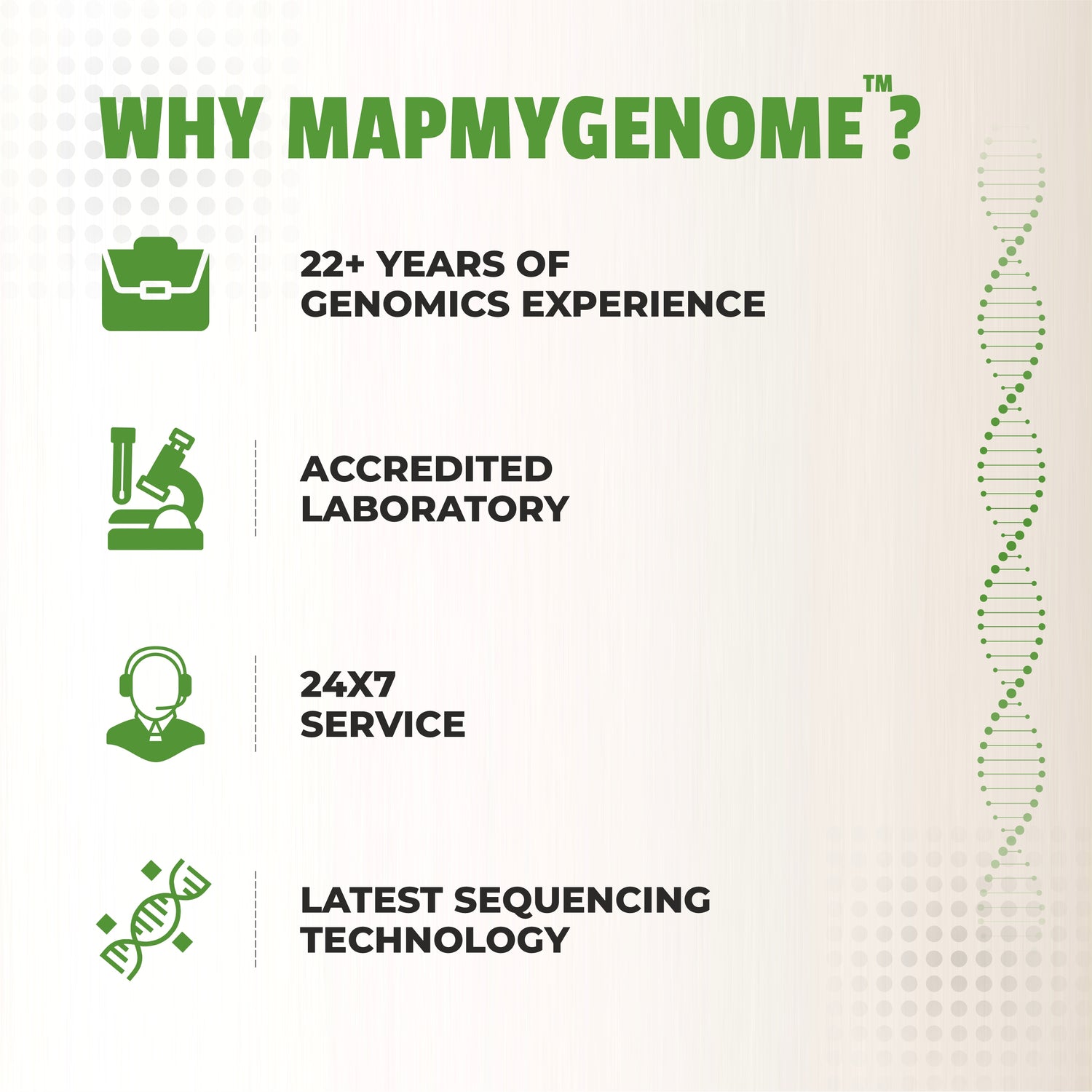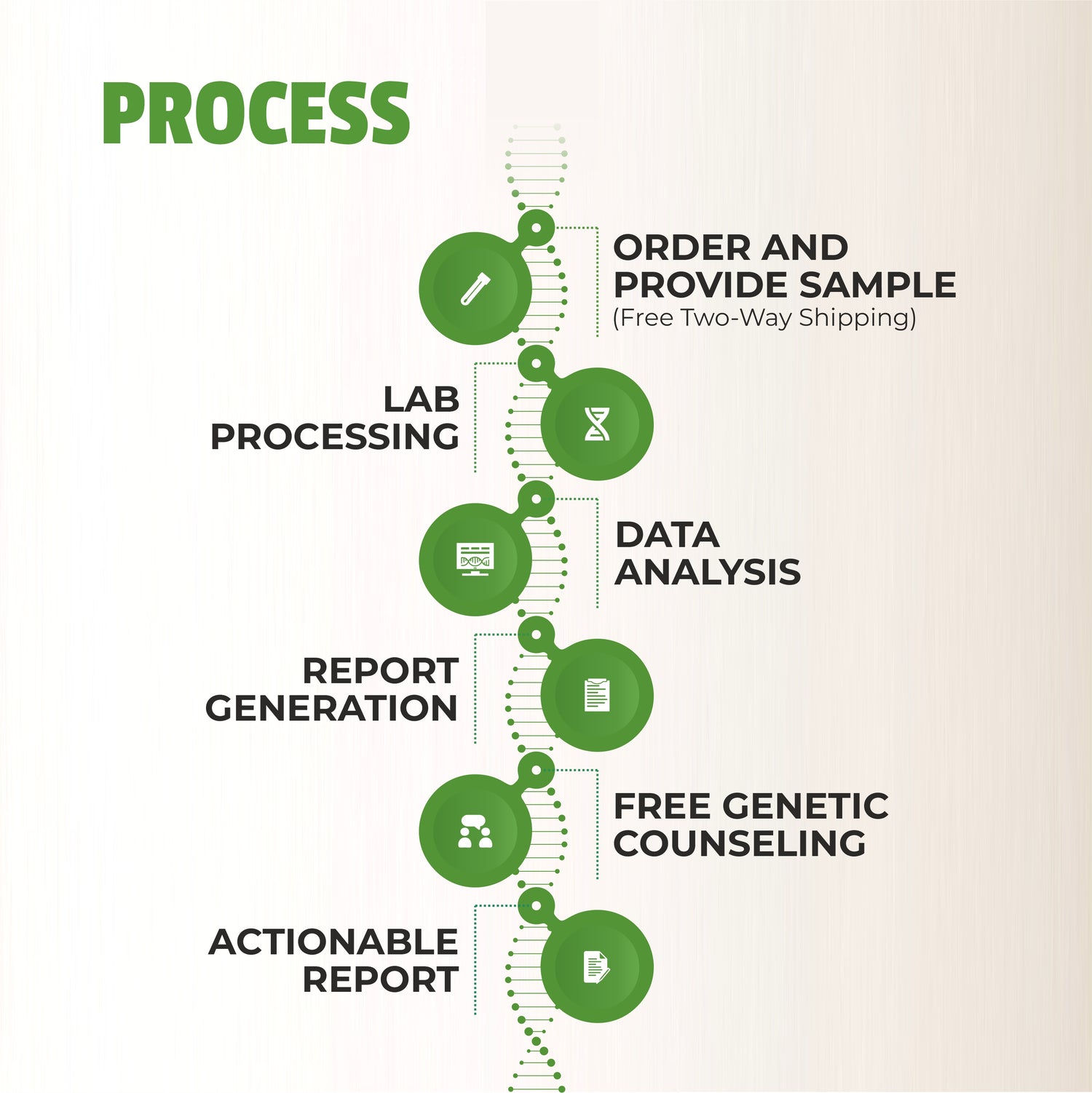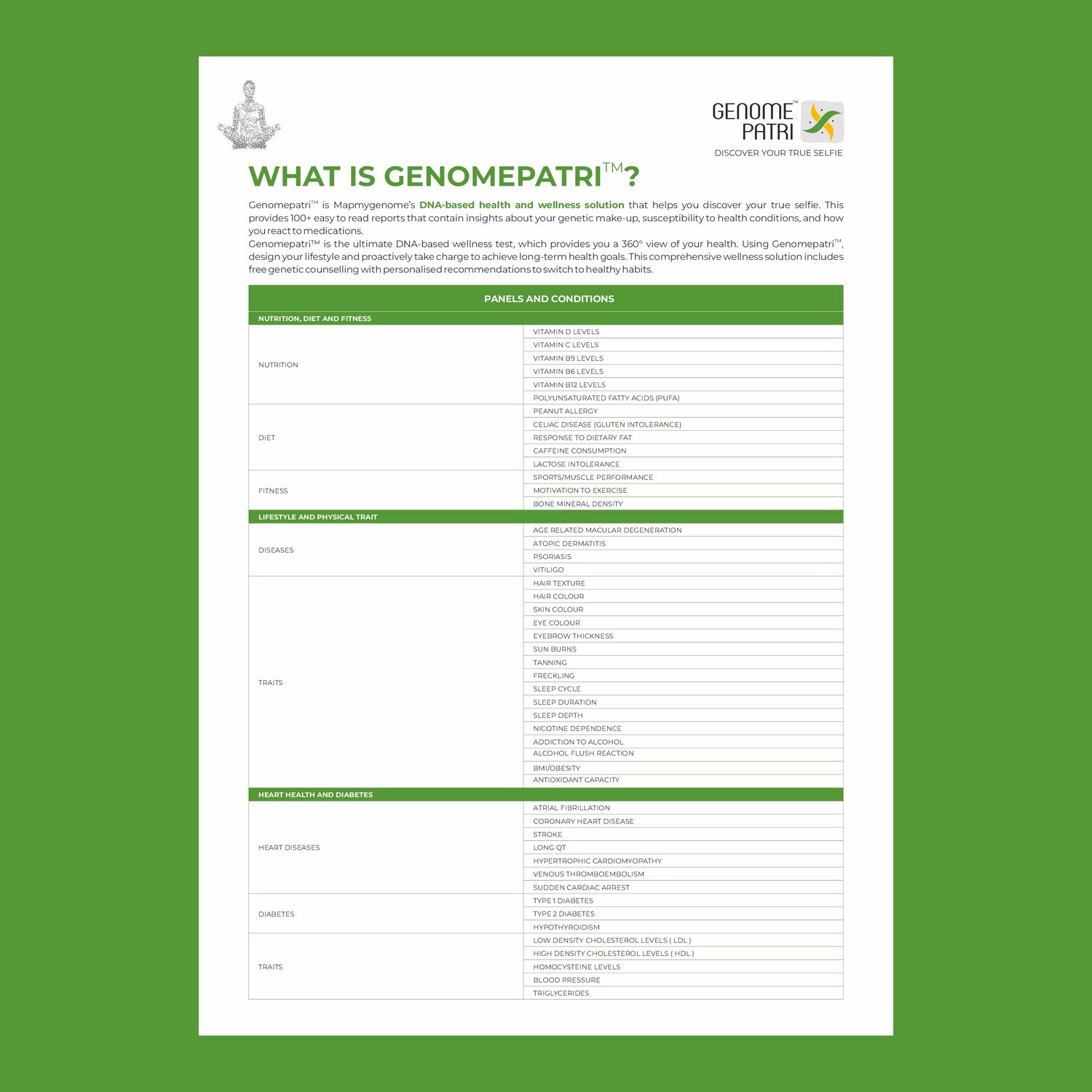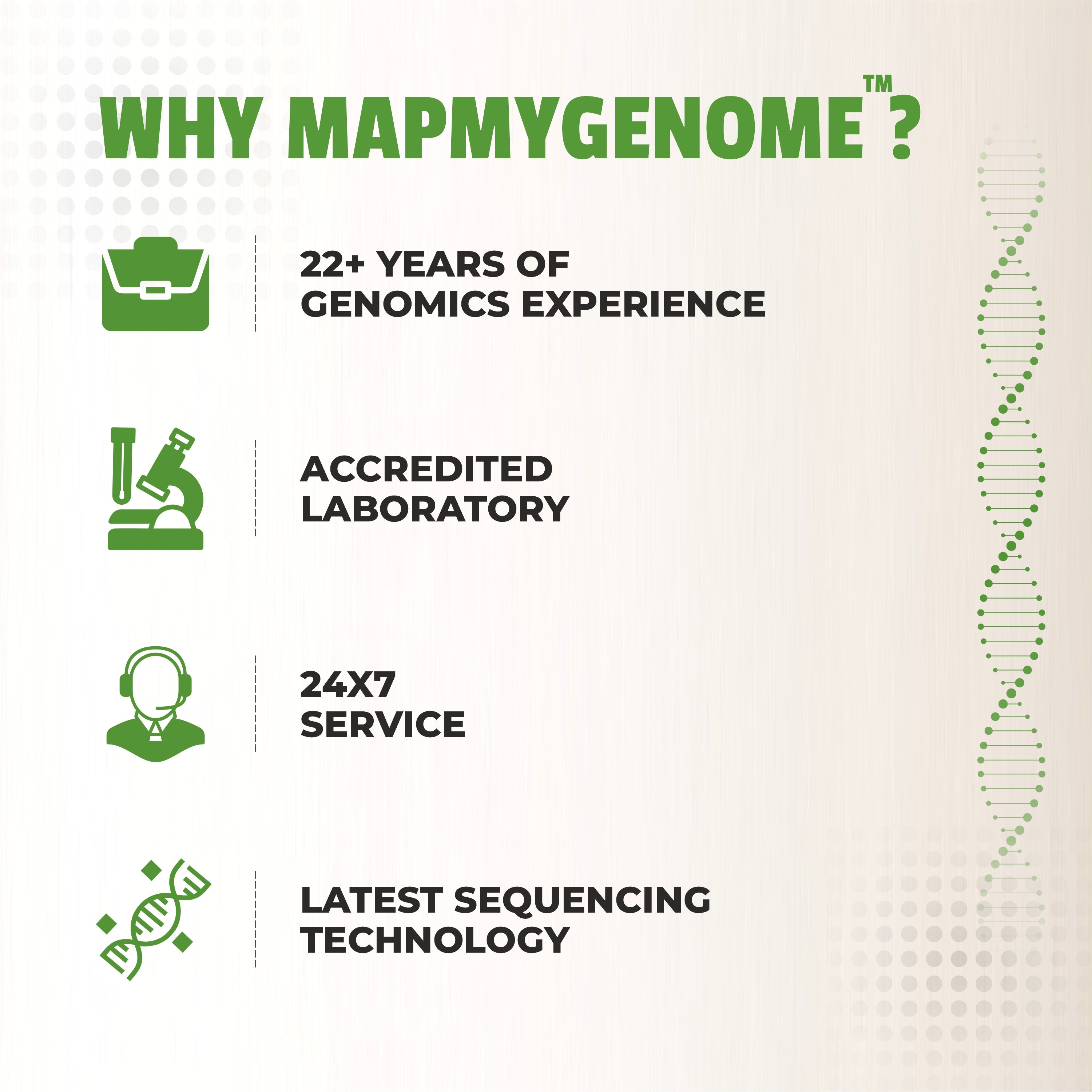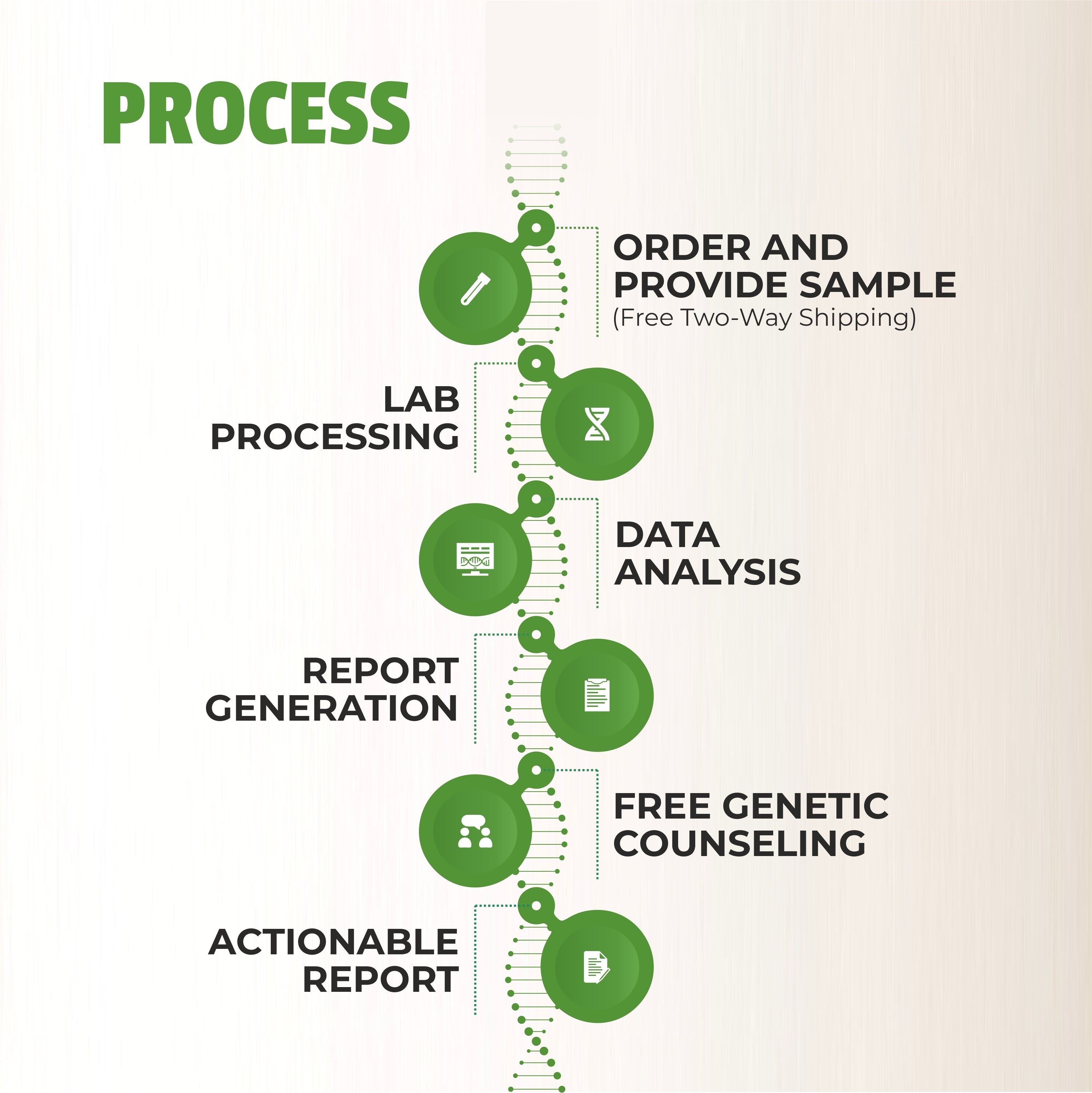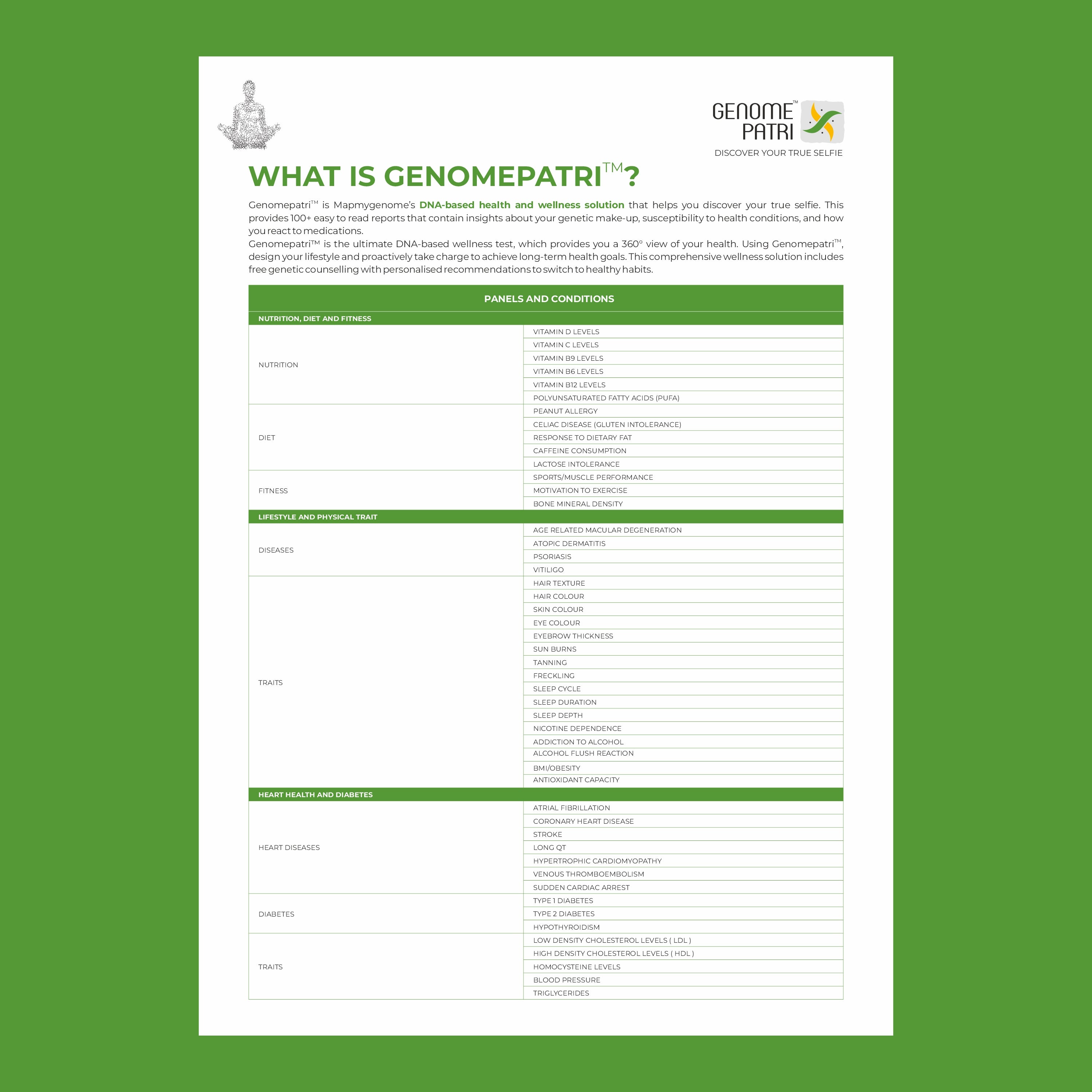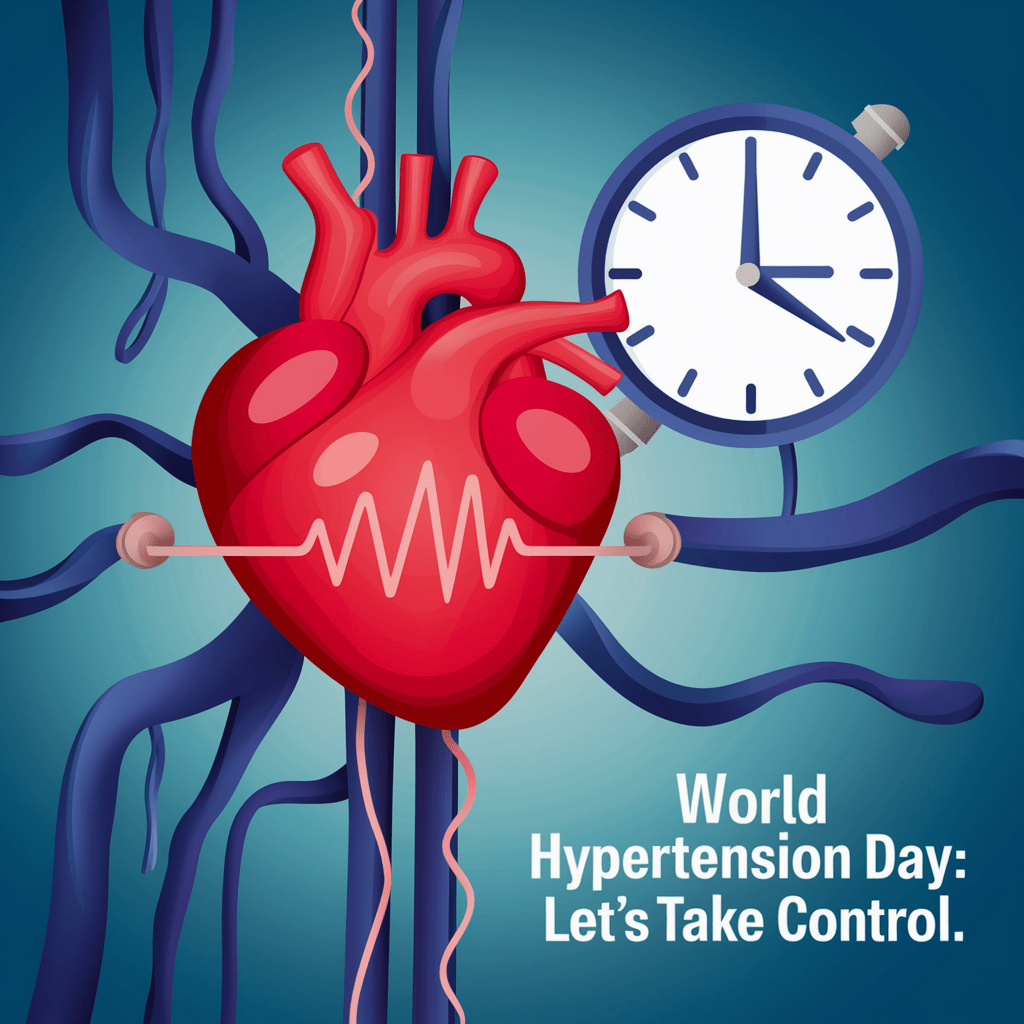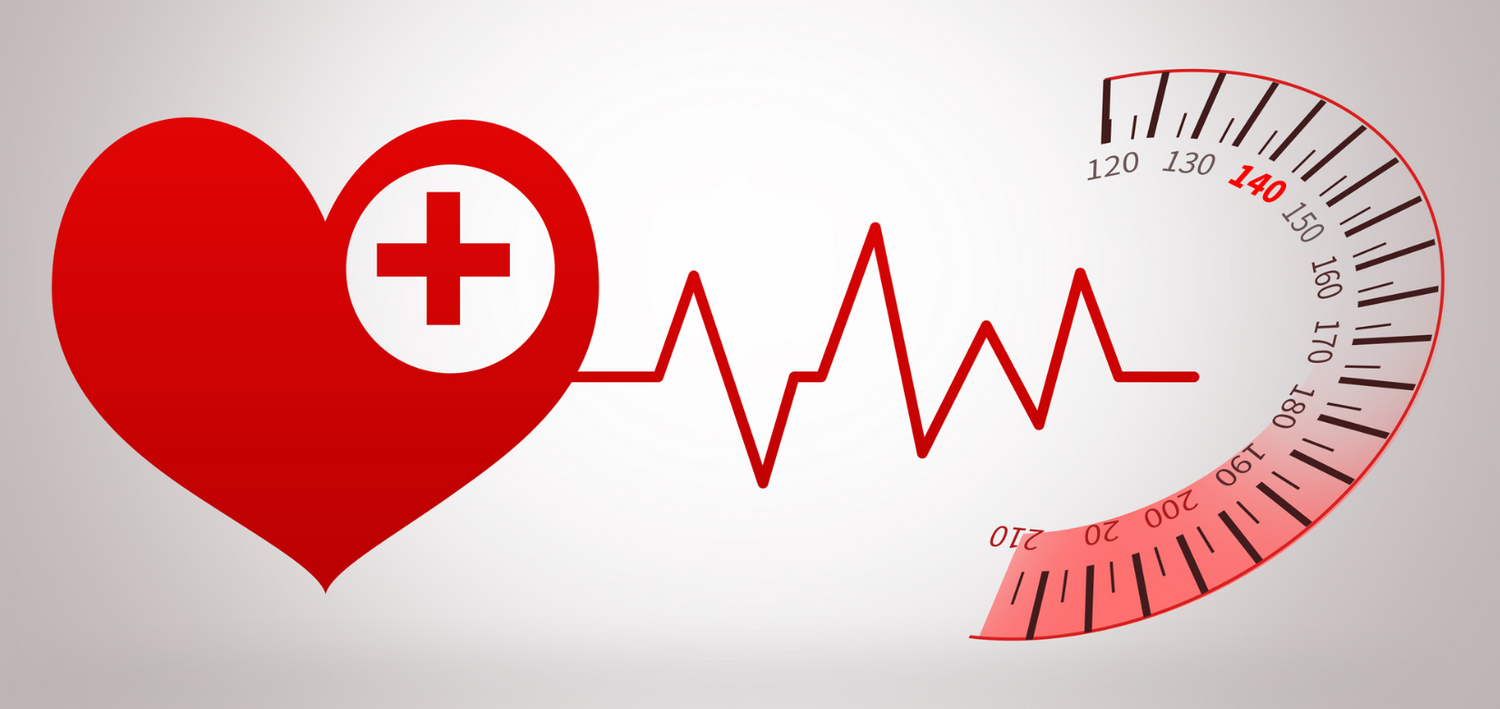If you are a Harry Potter fan you must remember the words by Professor Dumbledore:
“Of course it is happening inside your head, Harry, but why on earth should that mean that it is not real?”
October 10th is celebrated as World Mental Health Day worldwide. At MapmyGenome™ we believe that your mental health is as important as your physical health. In fact, the better your mental health the better your physical health. So let's get comfy and talk about mental health and well being.
Mental illnesses are health conditions involving changes in emotion, thinking or behavior or a combination of these. It can be associated with distress, problems functioning in social, work or family activities. Mental illnesses can present in many forms- some, mild and only interfere in limited ways with daily life, such as some phobias or anxiety. Others can vary in severity ranging from use of medications to manage symptoms to requiring hospitalization such as bipolar or Schizophrenia.
Remember that mental illness does not discriminate; it can affect anyone regardless of your age, gender, geography, income, social status, race, ethnicity, religion/spirituality, sexual orientation, background or other aspect of cultural identity. While mental illness can occur at any age, three-fourths of all mental illness begins by age 24.
Lookout for the following:
- Excessive fear and worry
- Mood fluctuations (sad, irritable, empty, or increased activity or energy)
- Loss of pleasure or interest in activities
- Euphoria or irritability
- Hallucinations
- Cognitive impairment (difficulty concentrating, focus, low memory, etc.)
- Excessive anger
- Suicidal thoughts
- Sleep disorders
Knowing your risks
Numerous studies have found that people with psychiatric diseases such as bipolar often have at least one close relative with depression or bipolar disorder. Children who have one parent with the disorder have about a 10%-25% chance of developing the disorder themselves; children with two parents with the disorder have a 10%-50% chance. If a non-identical twin sibling has the disorder, the chance that another sibling will have it is about 10%-25%. Studies of identical twins have shown that genetics are not the only factor in determining who is at risk for bipolar disorder. Because identical twins share all the same genes, if bipolar disorder were purely hereditary, then all identical twins would share the disorder.
Jehannine C. Austin explains the interplay between genetics and environment using the jar model:

- Everyone has a mental illness jar; it can be filled with two kinds of vulnerability factors. (B) The amount of genetic vulnerability in the jar does not change over time, unlike experiential vulnerability. To experience an active episode of illness, the jar must be full to the top. (C) Someone with a large amount of genetic vulnerability may be more likely to develop mental illness than someone with a small amount—it is more likely that the jar will fill all the way. Someone with a large amount of genetic vulnerability may develop mental illness at a younger age than someone with a small amount—it takes less time for the jar to fill up. (Ref: PMID: 31501264)
Knowing your genetic risks can help in early identification of symptoms, risks from your life event or environment and working towards mental wellbeing.
MapmyGenome’s preventive genomics solutions, like Genomepatri™ can be used as supportive solutions to understand your genetic susceptibility to neuropsychiatric conditions like schizophrenia, bipolar disorder, etc.
Breaking the stigma
Mental illness is nothing to be ashamed of. It is a medical problem, just like heart disease or diabetes.
Many people who have a mental illness do not want to talk about it. You did not cause this to yourself. Mental health conditions are treatable. If you or your loved one is going through symptoms that are interfering with their normal daily activities, its likely help is needed. Reach out! Remember if this was a heart attack, you must have already dialed the ambulance.
Shifting focus from disease to mental wellbeing
Positive psychology focuses on strength, resilience, flow, happiness, purpose of life and mindfulness to improve overall mental wellbeing. Working on our ordinary strengths and virtues (Sheldon & King, 2001) can improve mental health. With increase in stress, dealing with multifaceted loss post pandemic and pressures from social media, it's time to utilize strength based strategies to improve your mental wellbeing.
REF
- Depression and Bipolar Support Alliance: "Bipolar Statistics."
- Ackerman, C. (2017, Mar). PositivePsychology.com. Retrieved from https://positivepsychology.com/benefits-of-mindfulness/.
- Austin JC. Evidence-Based Genetic Counseling for Psychiatric Disorders: A Road Map. Cold Spring Harb Perspect Med. 2020 Jun 1;10(6):a036608. doi: 10.1101/cshperspect.a036608. PMID: 31501264; PMCID: PMC7263094.






